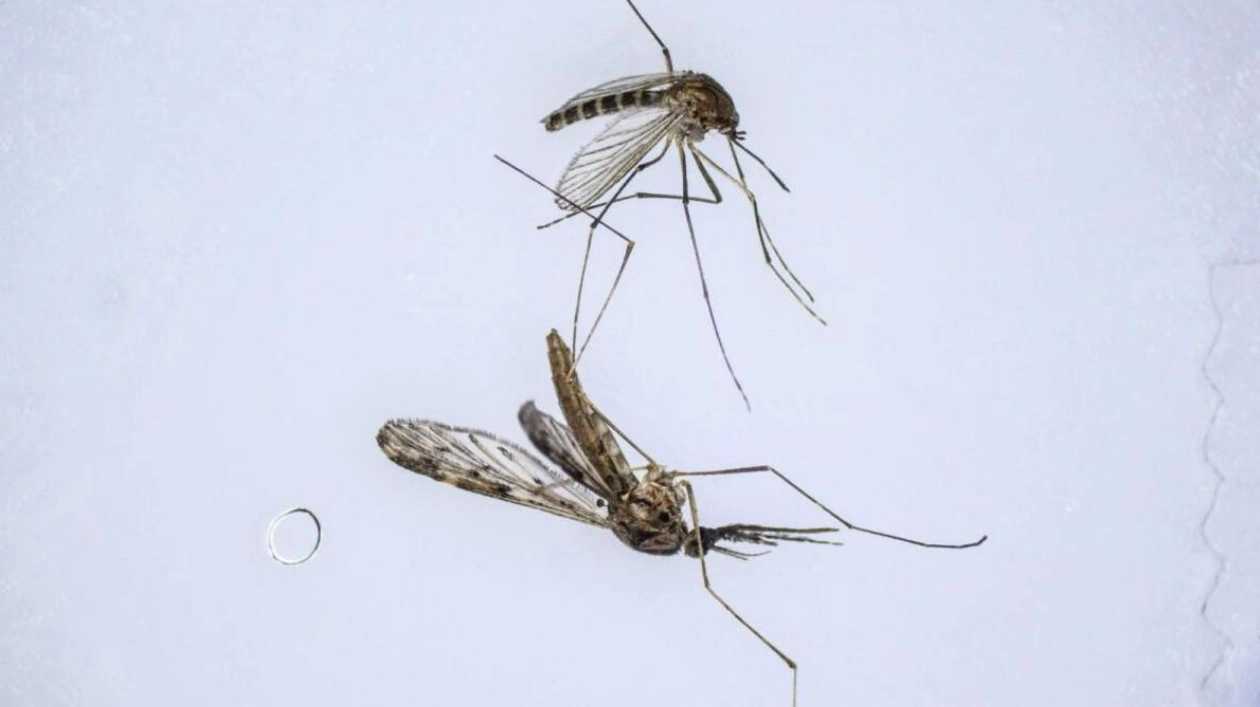Egypt was officially recognized as malaria-free on Sunday, a milestone hailed by the World Health Organization (WHO) as "truly historic" and the result of nearly a century of dedicated efforts to eradicate the disease.
"Malaria has been a part of Egyptian history since the time of the pharaohs, but the disease that once afflicted ancient rulers now belongs to the past," said WHO Director-General Tedros Adhanom Ghebreyesus in a statement. "This certification of Egypt as malaria-free is a historic achievement and a testament to the unwavering commitment of the Egyptian people and government to eliminate this ancient scourge."
Globally, 44 countries and one territory have now achieved malaria-free status. Certification by the WHO is granted when a country can demonstrate that it has interrupted the chain of indigenous malaria transmission by Anopheles mosquitoes nationwide for at least three consecutive years. Additionally, the country must show its capability to prevent the reintroduction of malaria transmission.
According to the WHO, malaria claims over 600,000 lives annually, with 95 percent of these deaths occurring in Africa. In 2022, there were 249 million recorded cases of malaria worldwide. Spread primarily by mosquitoes, malaria is most prevalent in tropical regions and is caused by a parasite.
Egypt's Health Minister, Khaled Abdel Ghaffar, emphasized that receiving the malaria elimination certificate marks the beginning of a new phase rather than the end of the journey. "We must continue to work diligently and remain vigilant to sustain our achievement by maintaining the highest standards of surveillance, diagnosis, and treatment," he said.
Early efforts to reduce human-mosquito contact in Egypt began in the 1920s with the prohibition of rice and agricultural crop cultivation near homes. By 1942, malaria cases had surged to over three million due to population displacement during World War II. The construction of the Aswan Dam in the 1960s introduced new malaria risks as stagnant water provided breeding grounds for mosquitoes. However, by 2001, Egypt had successfully brought malaria under control, according to the WHO.
Nigeria currently accounts for more than a quarter of all malaria deaths annually, followed by the Democratic Republic of Congo, Uganda, and Mozambique.
Source link: https://www.khaleejtimes.com






